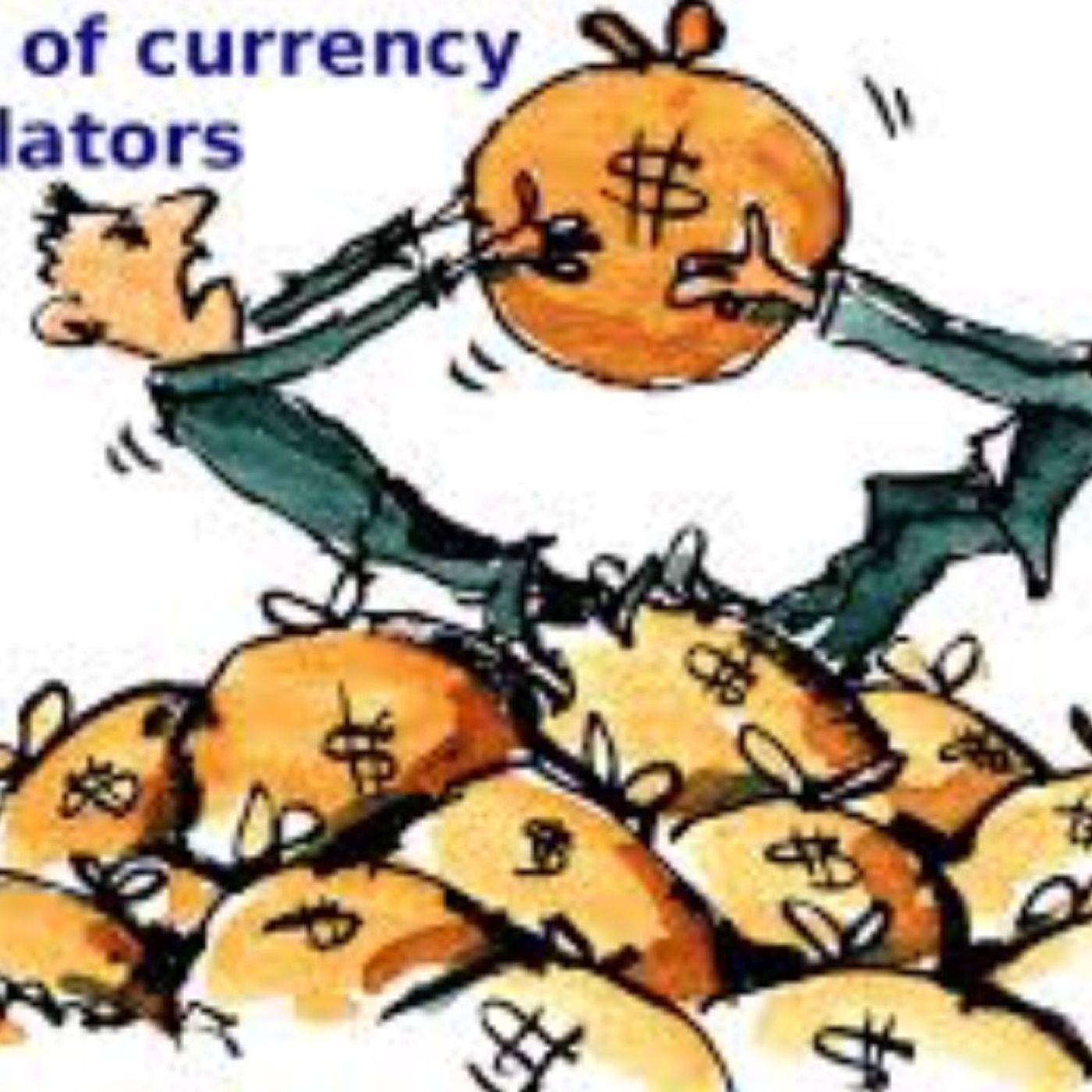- Health
- SEE MORE
- classical
- general
- talk
- News
- Family
- Bürgerfunk
- pop
- Islam
- soul
- jazz
- Comedy
- humor
- wissenschaft
- opera
- baroque
- gesellschaft
- theater
- Local
- alternative
- electro
- rock
- rap
- lifestyle
- Music
- como
- RNE
- ballads
- greek
- Buddhism
- deportes
- christian
- Technology
- piano
- djs
- Dance
- dutch
- flamenco
- social
- hope
- christian rock
- academia
- afrique
- Business
- musique
- ελληνική-μουσική
- religion
- World radio
- Zarzuela
- travel
- World
- NFL
- media
- Art
- public
- Sports
- Gospel
- st.
- baptist
- Leisure
- Kids & Family
- musical
- club
- Culture
- Health & Fitness
- True Crime
- Fiction
- children
- Society & Culture
- TV & Film
- gold
- kunst
- música
- gay
- Natural
- a
- francais
- bach
- economics
- kultur
- evangelical
- tech
- Opinion
- Government
- gaming
- College
- technik
- History
- Jesus
- radio
- movies
- services
- Church
- podcast
- Education
- international
- Transportation
- Other
- kids
- podcasts
- philadelphia
- Noticias
- love
- sport
- Salud
- film
- and
- 4chan
- Disco
- Stories
- fashion
- Arts
- interviews
- hardstyle
- entertainment
- humour
- medieval
- literature
- alma
- Cultura
- video
- TV
- Science
- en
Ep.173 Currency Manipulation

b'Join Carlos Vazquez as he explores the psychology of currency manipulation.
From currency management in Russia in 1918 to financial liberalization in modern-day New Zealand and Chile. The case studies of this wide-ranging exploration of financial institutions show that bridging the abyss between barter and a fully convertible currency is no less essential to economic prosperity today than it was eighty years ago. Sound and stable currencies have been easily eroded by government interventions; repressed, fragmented financial systems have been their corollary. Undoing this damage and reestablishing the strength of a currency is far more difficult, as the recent experiences of Argentina and Chile can attest.
Steve H. Hanke is a Professor of Applied Economics and Co-Director of the Institute for Applied Economics, Global Health, and the Study of Business Enterprise at The Johns Hopkins University in Baltimore. He is a Senior Fellow and Director of the Troubled Currencies Project at the Cato Institute in Washington, D.C.; a Senior Advisor at the Renmin University of China\\u2019s International Monetary Research Institute in Beijing; a Special Counselor to the Center for Financial Stability in New York; and a contributing editor at Globe Asia Magazine. Prof. Hanke is also a member of the Charter Council of the Society of Economic Measurement and the Financial Advisory Council of the United Arab Emirates.'